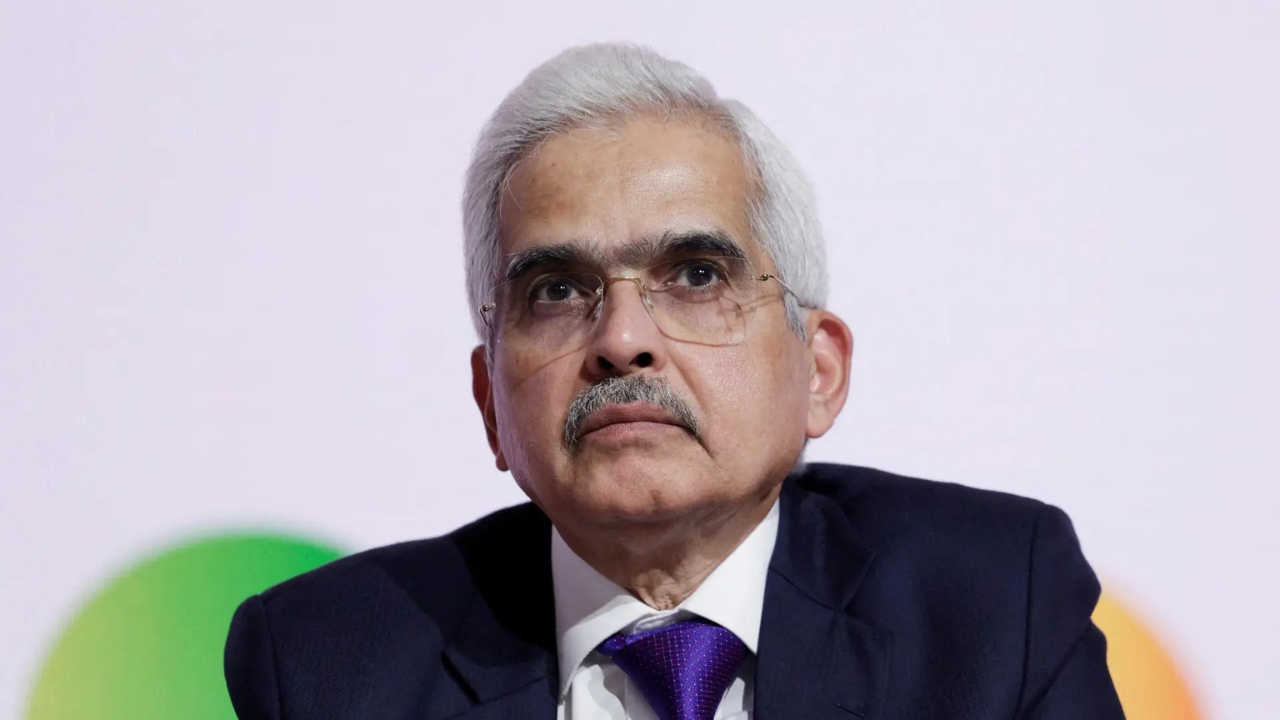
SENATE President Juan Miguel Zubiri on Thursday called on President Ferdinand Marcos Jr. to support the P100 Daily Minimum Wage Increase Act, which the Senate approved.
Zubiri said the President can best serve the country's workers through a legislated increase in the minimum wage.
"I am one with our President in calling for the Regional Tripartite Wage and Productivity Boards (RTWPBs) to review our minimum wages regularly and for the National Wages and Productivity Commission to ensure that the boards do so," Zubiri said.
He added that Senate Bill (SB) 2534, or the P100 Daily Minimum Wage Increase Act, "will be a massive step toward giving our laborers the living wages they deserve. Perhaps it can even be certified as urgent, given the continued spike in the prices of goods owing to inflation."
The bill was approved on third and final reading in February.
"Our inflation rates are continuing to trend upward, at a rate that the wage boards have not yet been able to keep up with," Zubiri said.
Inflation was at 3.7 percent in March, with the Bangko Sentral ng Pilipinas projecting it to be between 3.5 to 4.3 percent for April.
Zubiri, the primary author of the minimum wage increase bill, is confident of a counterpart bill from the House.
"This bill will only boost the labor sector at this time of great need, as our people work to survive inflation," he said.
Under SB 2534, the minimum wage for workers in the private sector, including those in contractual and sub-contractual positions, whether agricultural or nonagricultural, will be raised by P100.
Senate Minority Leader Aquilino Pimentel III said it is better to legislate a minimum wage than just review the regional pay hikes.
Senators Juan Edgardo Angara and Francis Tolentino said the President's directive to review the minimum wage rates is "timely."
It is alright "to review the regional minimum wage rates. But [it is] better to legislate a new nationwide minimum wage amount," Pimentel said in a text message on Thursday.
"Because if the existing system needs the President to request the regional wage boards to review wage rates before the RWB actually acts and reviews them, then that only shows that the system is not working," he said.
Pimentel said the wage boards "must be out of touch with reality already. They are not sensitive anymore to the actual situation on the ground."
Angara said Marcos' directive "is very timely."
"Our workers have been suffering for too long. I hope there will be long-term support for farmers and food industries to lower the prices [of agricultural products] and no longer import food items," he said.
Tolentino said he supports the President's "initiative to enable our workers to cope with the current inflation bearing in mind the employers' sustainable business position."
House Deputy Majority Leader Faustino Dy 5th said wage increase needs a thorough study.
"The House is currently in the process of undergoing committee hearings," Dy said in a press conference on Thursday.
He said that the House is "listening to all our stakeholders, all labor organizers, unions and others so that we can arrive at a better and more sustainable solution for our workers."
In the same press conference, House Deputy Majority Leader Jude Acidre welcomed the President's order to wage boards to review the minimum wages.
Acidre said that his Tingog party-list was proposing the possibility of setting up industry wage boards instead of regional wage boards.
On Thursday, the Nagkaisa Labor Coalition called for a "presidential certification" of bills on wage hikes.
The coalition made the call "amid rising hunger and the prospect of higher inflation and prolonged lean months due to the impact of El Niño" and in response to the President's call for a review of wage orders.
"We are afraid the President was not truly informed by his Cabinet on how the regional wage boards have effectively kept minimum wages below the poverty thresholds during the last 35 years. The current system under RTWPB is insufficient to meet the basic needs of Filipino workers," Nagkaisa Chairman Sonny Matula said in a statement.
Matula said the regional boards "cannot solve the structural problem of discrimination and the perpetuation of low wages in the regions that workers experienced during the last 35 years," which is why they called for a national action through a "legislative fiat."
"While RTWPBs can make wage adjustments motu proprio or by wage petitions, we find it more imperative that our legislators act swiftly to pass the P150 wage hike bill. This is not just an increase; it's a necessary step towards economic recovery and stability for our nation's workforce," Matula said.
Other labor groups are calling for another round of dialogue with the President on the legislated wage increase issue.
Similar calls were issued by the Federation of Free Workers, Trade Union Congress of the Philippines, Partido Manggagawa, Kilusang Mayo Uno, Bukluran ng Manggagawang Pilipino, and Sentro ng mga Nagkakaisa at Progresibong Manggagawa.
Read The Rest at :



